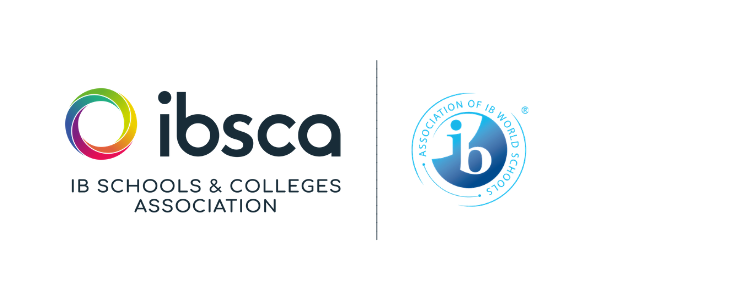RECOMMENDED FOR:
Diploma Programme (DP) Coordinators, Extended Essay Coordinators and Extended Essay Supervisors who are new to EE supervision
Registrations for this workshop are now closed. Click here for a list of our available Extended Essay workshops.
Workshop Overview
This workshop is designed for new educators in authorized IB Schools and/ or educators new to the requirements or supervision of the extended essay who wish to gain an understanding of the special nature and specific requirements of the extended essay, its role in the Diploma Programme and how they can support students in the extended essay process in a manner that aligns with the IB mission statement and philosophy. Working collaboratively with each other and the workshop facilitator, participants will:
Develop an understanding of the IB mission and philosophy and the DP programme model as the context for a holistic learning experience
Understand the EE as a complementary component of the DP core
Consider the centrality of the IB learner profile and approaches to teaching and approaches to learning in the EE process
Understand the nature, purpose and requirements of the EE
Understand the EE supervisor’s role and responsibilities, and the roles and responsibilities of other EE stakeholders
Interact with and explore the support material and teaching and learning resources available on the Programme resource centre, Programme communities and IB exchange
Examine the policies and procedures schools and supervisors need to implement in order to develop an effective pedagogical and administrative framework that effectively supports students during their entire EE experience
Become familiar with the administrative requirements and pedagogical support for the extended essay
Help students to own, learn from, and enjoy the researching and writing of their EEs
Understand the research pathways open to students: subject-focused and interdisciplinary
Help supervisors to guide and support EE students well as they make important decisions, and research and write independently and ethically
Discuss ways in which students can be supported in the development of their research and writing skills, with a clear focus on the extended essay interdisciplinary and subject-specific advice, the research process required to produce an academic paper, academic integrity, and appropriate documentation
Understand reflection as an integral component of the EE experience
Consider the assessment criteria to inform the research and writing of an EE
Use examples of assessed student work to develop an understanding of what a range of essays looks like, using this to inform guidance and feedback for students
Please select your required workshop from the dropdown list on the registration form
Benefits of our virtual workshops
Courses delivered by approved and experienced IB workshop leaders.
12 hours of live/real-time instruction plus 3 hours of asynchronous/offline work across three-days. Delegates are required to attend and participate in all scheduled sessions in order to receive their IB certificate.
Opportunities to meet participants from a range of schools, both within the UK and internationally.
Competitively priced with discounts for IBSCA member schools.
Please note that synchronous sessions are delivered live on the above dates following UK timings - do bear this in mind when applying from outside of the UK and take into account time differences. You will not be eligible for an attendance certificate unless you attend all the live sessions.
Virtual Workshop Fees
Prices stated do not include VAT. You will be charged 20% VAT if applicable.
IBSCA full member school: £460.00
IBSCA Associate, Candidate & Single Programme Member School: £550.00
Non IBSCA Member School: £640.00
Frequently Asked Questions
Is this workshop for me?
Category 1 workshops focus on IB philosophy and implementation. They provide professional development and assistance for schools that have decided to apply for IB authorization. They are also relevant for educators who are new to a school with an existing IB programme and those interested in joining an IB school. Participants will gain an understanding of:
the basic philosophy and curricular model of the programme, including the IB mission statement, learner profile, and curriculum documents.
programme standards and practices appropriate to the participants’ role (e.g., teacher, administrator, head of school, and so on).
the appropriate programme framework (PYP, MYP, DP).
Teachers who are new to an IB programme will:
Receive a general introduction to IB philosophy and programme Understand the structure of the programme (including assessment procedures) Create drafts or refine and improve course. outlines/designs and application Be able to begin teaching the programme upon completion of the workshop.
For other frequently asked questions…

